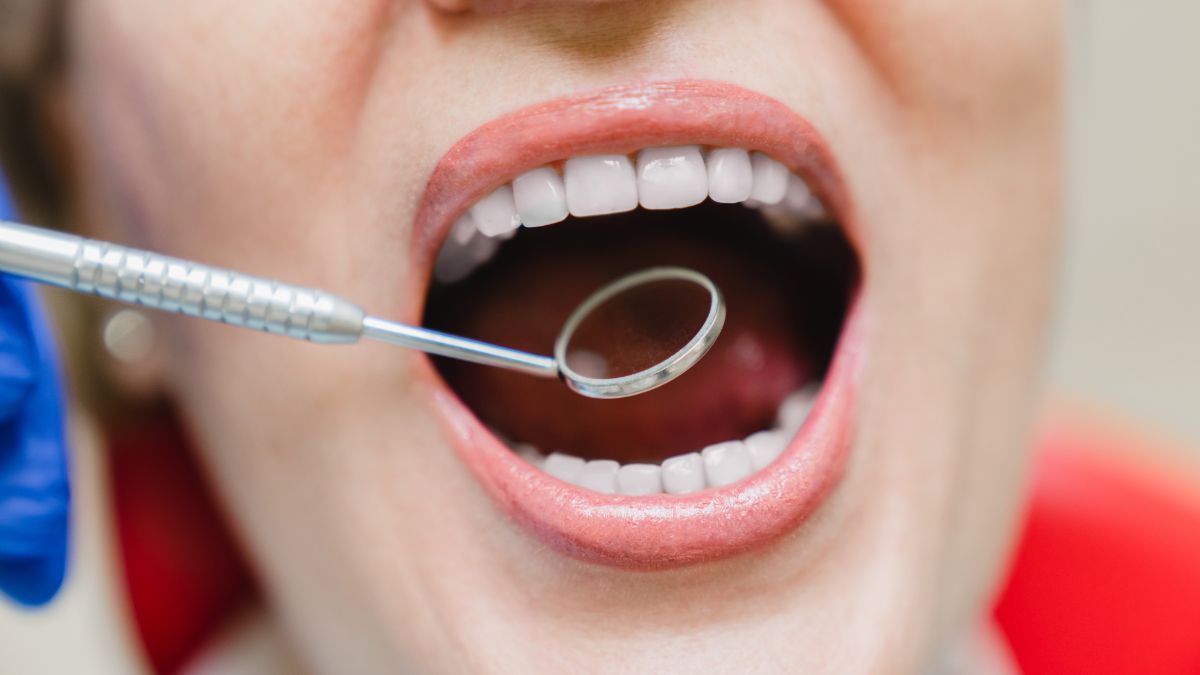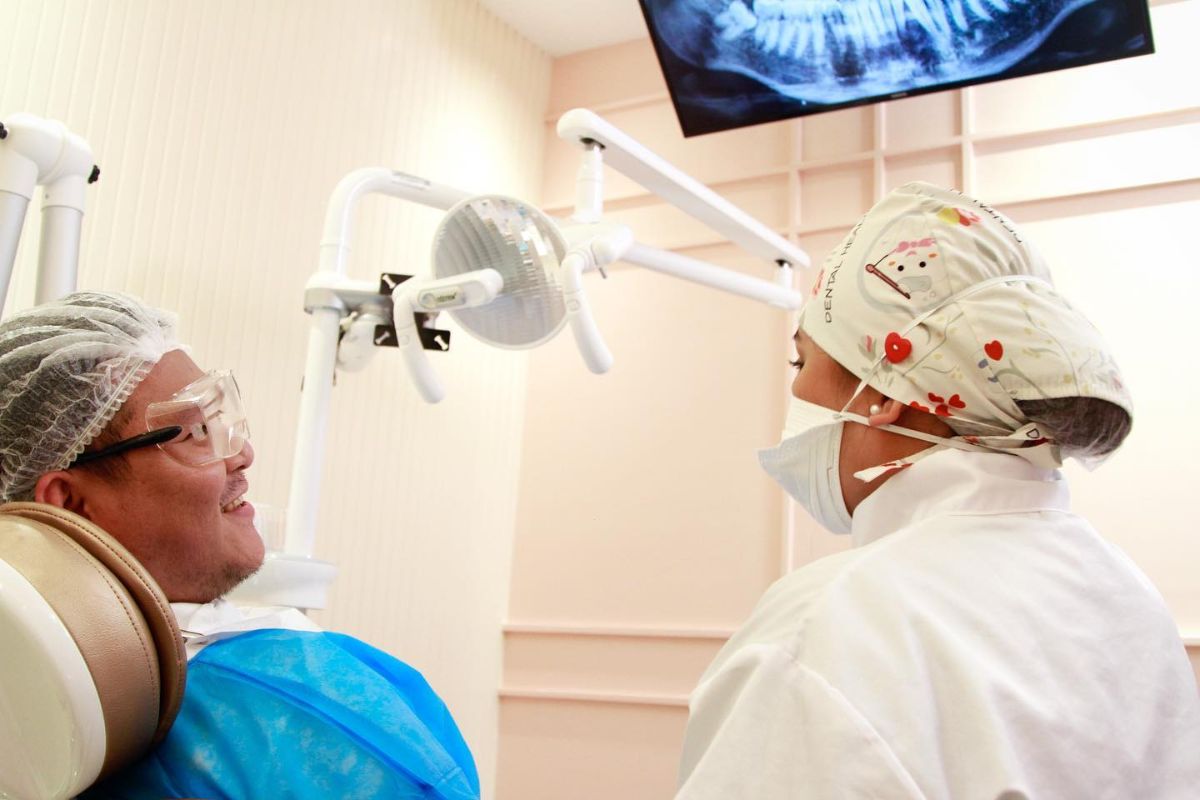How To Prevent Root Canal Infection

How To Prevent Root Canal Infection
How to prevent root canal infection?
- Brush and floss your teeth at least twice a day
- Avoid candies and lollipops
- Avoid chewing on ice
- Avoid drinking acidic drinks
- Use pain medication for tooth soreness
- Visit your dentist for a permanent restoration
- Visit your dental clinic twice a year
- See your dentist if you notice signs of infection
Our teeth are divided into layers. The outer surface is known as enamel, and the inner part is known as dentin, which appears to be a sponge-like tissue. The pulp is a collection of soft tissue located in the center of each tooth.
A root canal treatment is done to remove infected pulp from our teeth, which can be caused by tooth injuries or decay. You may experience some pain, discomfort, and tenderness during a root canal procedure.
But how do we avoid getting a root canal infection? This post will guide you with tips on how to prevent root canal infection. Keep reading below!
What are the common symptoms of a root canal infection?
To give you an idea, the most common symptoms of a root canal infection are mild discomfort to excruciating pain, especially when eating. You will also notice warm, swollen tissue around your tooth. It can also have an impact on your face and neck. Your infected tooth tissue will also cause a bad odor on your breath and an even worse taste in your mouth. These symptoms can be prevented when you take care of your teeth.
How to prevent root canal infections
As you read this part, we want you to know that there are ways to prevent root canal infections. It’s always important to have consistent oral hygiene and strong, healthy teeth. After your root canal procedure, don’t forget to do these steps:
Brush and floss your teeth at least twice a day
 For the first few days following your root canal procedure, we recommend using an antiseptic mouthwash. This assists in gently cleaning your teeth and prevents further infection. Your dentist will advise you on how many times a day this should be done.
For the first few days following your root canal procedure, we recommend using an antiseptic mouthwash. This assists in gently cleaning your teeth and prevents further infection. Your dentist will advise you on how many times a day this should be done.
Avoid candies and lollipops
Eating or biting on candies and lollipops causes cracks in your teeth, allowing bacteria or infection to enter your root system. As a result, it’s best to limit your intake of candies, lollipops, and other hard foods.
Avoid chewing on ice
The fresh and cool sensation of ice in our throats may tempt you if you feel sore after your root canal procedure. However, chewing on ice can cause a crack, break, or fracture of your tooth. When your teeth are cracked, bacteria or infection can easily enter.
Avoid drinking acidic drinks
Soda and citrus juices taste great and can easily quench your thirst, but acidic drinks are bad for your teeth. What exactly do they do? They first destroy your enamel, and then they drench the tooth in sugar for bacteria to swim on!
Use pain medication such for tooth soreness
It is best to purchase over-the-counter pain medication after the procedure. Dentists prescribe their patients pain relievers for toothache such as Ibuprofen, which will help soothe pain and soreness that commonly follows treatment.
Visit your dentist for a permanent restoration
Keep in mind that you will need to return to your dentist for a permanent restoration or final crown. Complete this as soon as possible. It finally seals the root canal from bacteria, preventing infections and protecting your tooth.
Visit your dental clinic twice a year
 Dentists recommend that everyone see their dentist at least twice a year. It is critical to maintaining a healthy oral routine. Dentists will keep your teeth healthy by cleaning them regularly and inspecting them for potential problems. This helps in preventing decay or infections around your teeth.
Dentists recommend that everyone see their dentist at least twice a year. It is critical to maintaining a healthy oral routine. Dentists will keep your teeth healthy by cleaning them regularly and inspecting them for potential problems. This helps in preventing decay or infections around your teeth.
See your dentist if you notice signs of infection
If you notice symptoms of a root canal infection, contact your dentist immediately. When pain medication fails to reduce the infection, it will be assessed by your dentist for the further treatments needed
Don’t be afraid to ask your dentist or a dental clinic about your root canal infection. Because the infection is in your mouth, it may not be visible. It’s important that you see your dentist if you experience pain or discomfort with your tooth, to tackle the problem before it gets worse.
Key Takeaway
Root canal infections are uncommon, and they can be especially painful to deal with. So, after your root canal procedure, be sure to know how to prevent root canal infection and keep an eye out for any early warning signs.
If you suspect your root canal has become infected, it is best to seek treatment from trained and experienced dentists. Fortunately, we can help. If you want to learn more about the best treatment for root canal infection, you can schedule a consultation at Elevate Dental. We have dentists with the expertise and knowledge needed to help save and salvage your natural teeth.













